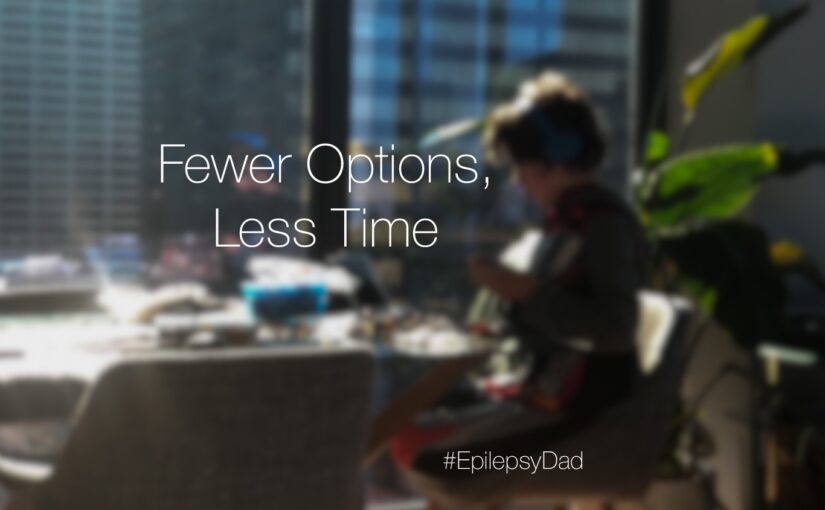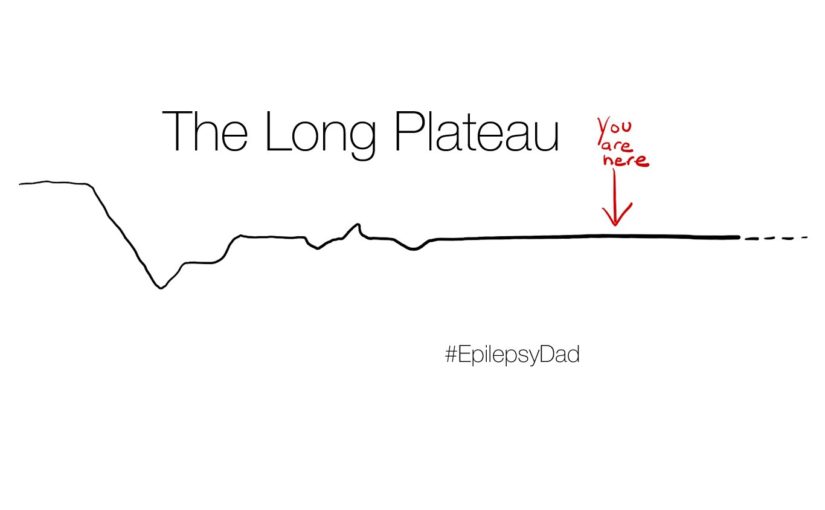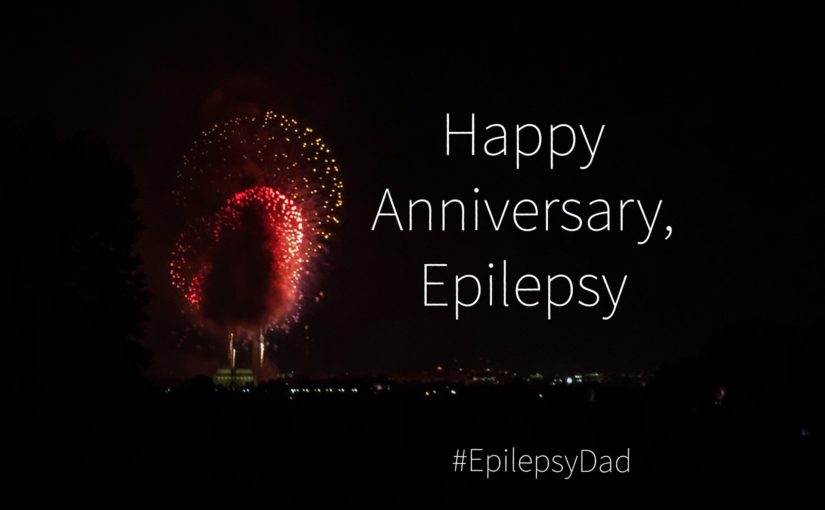It feels like we are in a constant search to find a school where my son belongs.
For the first few years, we sent him to one of the city’s best public schools. They didn’t know what to do with him, so he drifted from grade to grade while we struggled to make accommodations for his stunted academic and social growth.
Last year, we moved him to a new virtual school, hoping to alleviate his anxiety that my son felt going to his previous school. While it may have achieved that goal, virtual learning amplified my son’s challenges in the classroom settling and left him further behind. Sitting in front of a computer all day on a video call with a big group of other 5th graders results in a controlled chaos that taxes my son mentally and physically in ways that I didn’t expect.
As a result, we’re once again exploring our options. But the reality is that every time we do this, we do so with fewer options and less time.
When we try a new approach, make a modification, or check out a new school that turns out to not be the right fit, we have fewer choices. The traditional classroom-based, lecture, teach-to-the test education system, which is how the vast majority of schools operate, doesn’t work for my son. He tries so hard, but his difficulty with executive functioning, processing, and retention taxes him to the point of mental and physical exhaustion. That exhaustion makes his processing and retention worse, feeding back into itself until his body and mind tap out and we are left picking up the pieces.
There are other schools, but the ones that have a different teaching method are scarce, expensive, or far away. We called them, though, and talked to the administrators. In some cases, we were told that their school wouldn’t be a good fit. In other cases, we were told that it might be a fit based on our description, but we continue to struggle to get the right amount of documentation to accurately represent where he is. But we can’t get that because we haven’t found a place with the resources or the expertise to make a recommendation for a child who doesn’t fit into a predefined box.
Now, we’re looking at 6th grade. That’s only three years until high school. Three years, and there is no guarantee, even if we find a new school this year, that it will be any different. We’re running out of time to find a place or a way to educate my son enough for him to enter the world. I used to feel like he had his whole life ahead of him, and now I just feel the pressure to find a solution before the system cuts him loose.
I had always expected that someday my son would be like everyone else. I used to believe that, with modifications, we could educate him alongside his peers who didn’t have his challenges. I used to have “normal” as the bar. It’s the same mistake that the education system makes. It’s the same mistake that the world makes.
I don’t feel that way anymore. It’s difficult to predict the future of his condition or to know what he will be capable of as he stumbles through school. We are so focused on finding a way to educate him now that we’re not thinking about college. I’m not even sure that college will be in the cards for him if we can’t find a solution that works for him in middle school and high school, and those grades went from being far out on the horizon to staring us in the face.


